A group of Davenport and Parkdale-High Park residents marched from MP Julie Dzerowicz’s office to the MP office of Canada’s Minister of Justice and Attorney General, Arif Virani, last Sunday to repeat calls on the Canadian government to end all military exports to Israel.
The latest action followed similar protests that have taken place since Israel launched its brutal war on Gaza in October. Since that campaign began, Israel has been accused at the International Court of Justice (ICJ) of committing genocide in Gaza, with the court provisionally ordering that Israel take steps to prevent genocidal acts.
The crowd echoed that call, telling Dzerowicz to “prevent further genocide in Gaza.”
“Julie Dzerowicz [...] has been extremely evasive to our questions over the last few months,” said Johanna Lewis, a member of Davenport For Ceasefire.
In a recent letter addressed to her constituents regarding questions about arms sales to Israel, Dzerowicz stated that “I do not support arms sales to non-NATO or non-democratic countries.”
Neither Israel nor Saudi Arabia, the largest non-United States buyer of Canadian military goods, are NATO members. As well, Ukraine, to which Canadian suppliers sold $47.5 million of military goods in 2022, is not a member of NATO. Dzerowicz has publicly expressed support for sending Canadian military aid to Ukraine and supports the country’s war effort.
In response to requests for comment from The Maple seeking clarification about Dzerowicz’s positions on arms sales, John Hudecki, the senior manager of Dzerowicz’s constituency office, said that the MP was dealing with a family emergency and was not currently taking media requests.
The protesters continued marching to Virani’s office with slogans demanding that both MPs call for an immediate and permanent ceasefire, and an “end to the siege on Gaza.”
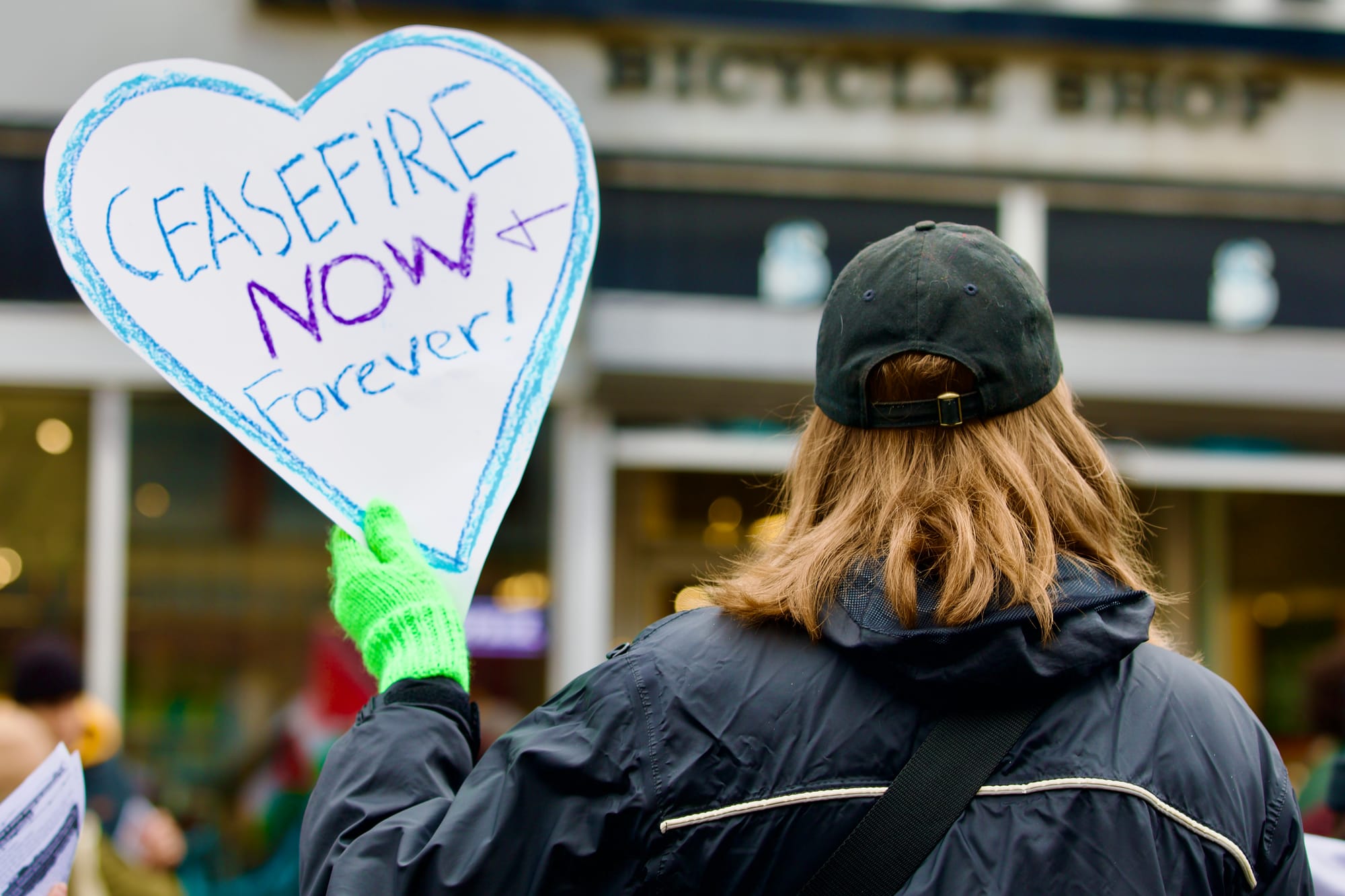
“Our voices will make a difference to Liberal MPs to ensure that the government stops trade deals with Israel and stops being complacent in supporting the ongoing atrocities that are happening in Gaza,” said Denise Hammond, another organizer with Davenport For Ceasefire.
The Trudeau government has made confusing and contradictory statements about Canadian military exports to Israel over the past several weeks.
Global Affairs Canada (GAC) spokesperson Jean-Pierre J. Godbout said in a statement to The Maple that Canada has not authorized new permits for the sale of “full weapon systems” to Israel since its latest bombardment of Gaza began.
Following weeks of follow-up questions from The Maple and human rights advocacy organizations, GAC eventually admitted that it had authorized new permits for exports of “non-lethal” military equipment to Israel since October 7, but did not give any further details.
The term “non-lethal” has no fixed legal definition under Canada’s export control system, and could refer to components of weapons or other equipment used by Israel in its war on Gaza.
The protesters called for a complete embargo on all military exports to Israel, which would also mean revoking existing permits for sales to Israel that were authorized and still active before October 7.
“What we are asking for is an embargo to stop the current trade deals, to stop supplying weapons and arms, to ensure that Palestinians are not faced with the ongoing bombardment from the Israeli government,” said Hammond.
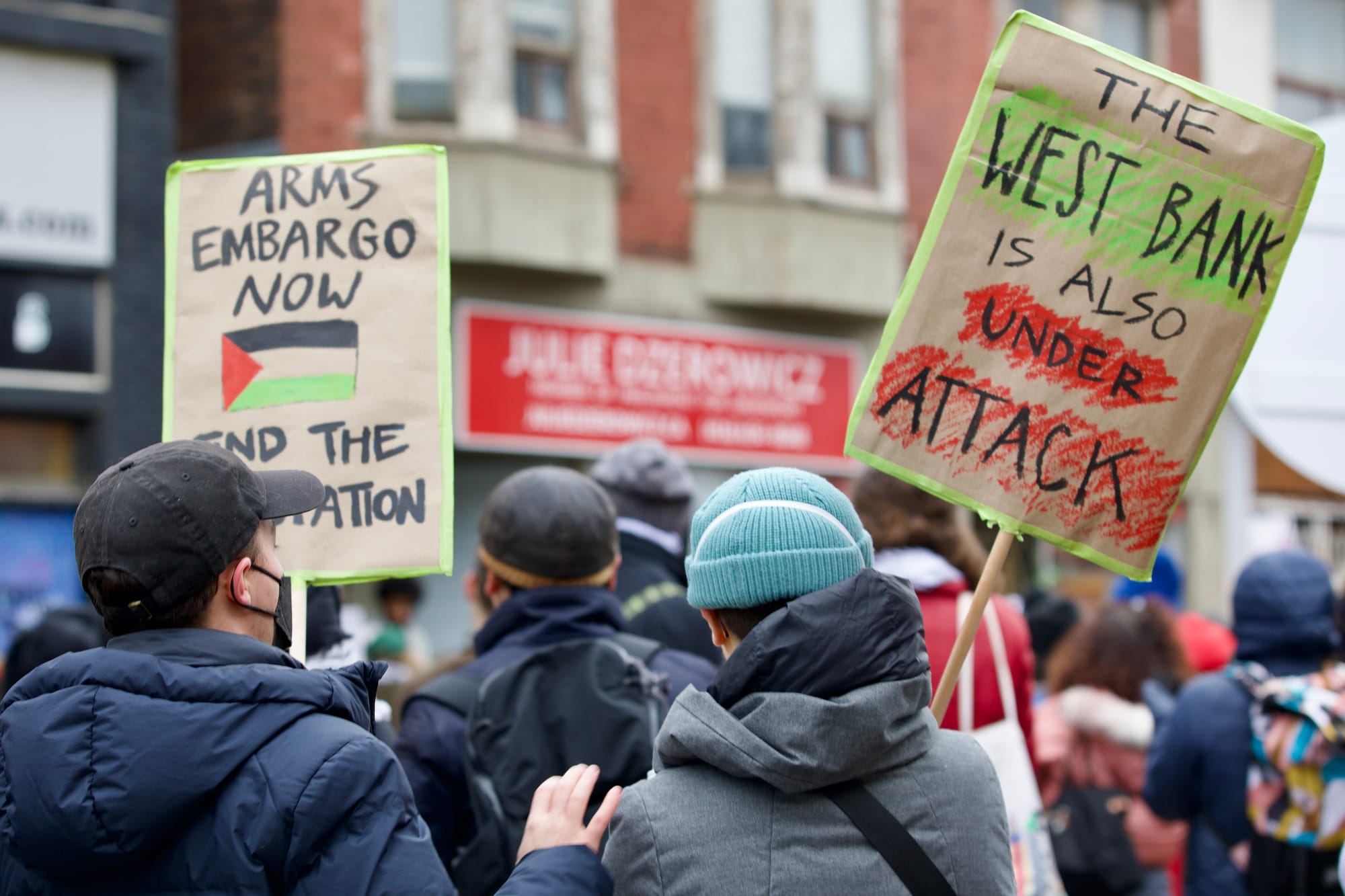
Lewis said that an arms embargo must also include parts that are exported to Israel via the United States.
“We need the Canadian government to immediately act to cancel all permits and contracts to prevent any weapons or parts from being exported from Canada to Israel, including those that go via the U.S.,” she said.
Lewis added that she is “disheartened [...] to see the ways that our government is complicit in this genocide.”
The arms-monitoring group Project Ploughshares published a report earlier this month warning that some Canadian-made components, including those found in F-35 fighter jets, are first shipped to the United States.
“Those jets are then sent to Israel, which uses them to bomb the Gaza Strip,” said Dalia Awwad, a member of the Palestinian Youth Movement and a Davenport constituent.
Genocide Case Looms Large
Israel’s bombing campaign has so far killed more than 26,000 Palestinians, including at least 10,000 children. Amid a humanitarian catastrophe in the besieged region and ongoing Israeli attacks on health infrastructure, Doctors Without Borders (MSF) recently stated that “people in southern Gaza [have] run out of healthcare options.”
Following South Africa’s case accusing Israel of committing genocidal acts “intended to bring about the destruction of a substantial part of the Palestinian national, racial and ethnical group,” the ICJ ordered six provisional measures, including that Israel take steps to prevent acts of genocide as defined under the 1948 Genocide Convention.
The court’s final verdict on whether or not Israel is committing genocide could take years, but the provisional order indicates that the court regards South Africa’s case as having merit.
Israel has denied the allegations against it and claimed that its activities in Gaza amount to self-defence following a Hamas-led attack on Israel on October 7, during which approximately 700 civilians in Israel were killed, along with hundreds of military and security personnel.
Based on the ICJ’s initial verdict, Israel must also take satisfactory measures to resume and widen humanitarian aid access to Gaza. Israel has been given one month to report back to the court with evidence showing that it is taking action to comply with the court’s orders.
“Governments like the U.S., the U.K. and Canada who are helping Israel commit this genocide are being told to stop what they are doing and stop supporting this,” said Awwad. “However, Canada has failed to uphold the ICJ’s ruling.”
Protesters also demanded an increase in humanitarian aid to Gaza.
Last week, the Trudeau government announced that it was joining the United States in pausing Canadian funding for the United Nations aid agency for Palestinian refugees, UNRWA, based on Israeli allegations that a handful of UNRWA employees participated in the October 7 attack.
MSF said it was “deeply alarmed” by the decisions to cut the UNRWA funding, noting that in Gaza “the humanitarian crisis has reached catastrophic levels, and any additional limitations on aid will result in more deaths and suffering.”
On Tuesday, GAC announced that it was providing “an additional $40 million in funding for humanitarian assistance” to Gaza, a move that critics said is insufficient to fill the gap left by the funding cuts for UNRWA, which coordinates the distribution of aid in Gaza.
Human rights advocates have also criticized Canada’s handling of Palestinians displaced by Israel’s bombing campaign.
While the Canadian government has approved more than 936,000 emergency temporary visas to Ukrainians since March 2022 following Russia’s invasion, the government will accept a maximum of 1,000 Palestinians from Gaza for three years if their families in Canada are willing to support them.
The Trudeau government has also been accused by some immigration lawyers of imposing “onerous and unfair” requirements on Gazan Palestinians seeking to enter Canada.
“There is an upholding of a racist system that values certain lives over others,” said Awwad. “They are valuing the lives of Ukrainians, or white folks from white origins, versus people from the global south.”
Hammond said that the federal government has always talked about the importance of human rights, and tries to portray Canada as a global peacekeeper.
“But by limiting Palestinians from coming here as migrants, they are saying that your lives are less than theirs [...] it is discriminatory, racist, saying to someone that your life is not as valuable as someone else’s,” Hammond added.
Nur Dogan is a Turkish-Canadian freelance journalist and photojournalist who covers stories for New Canadian Media.


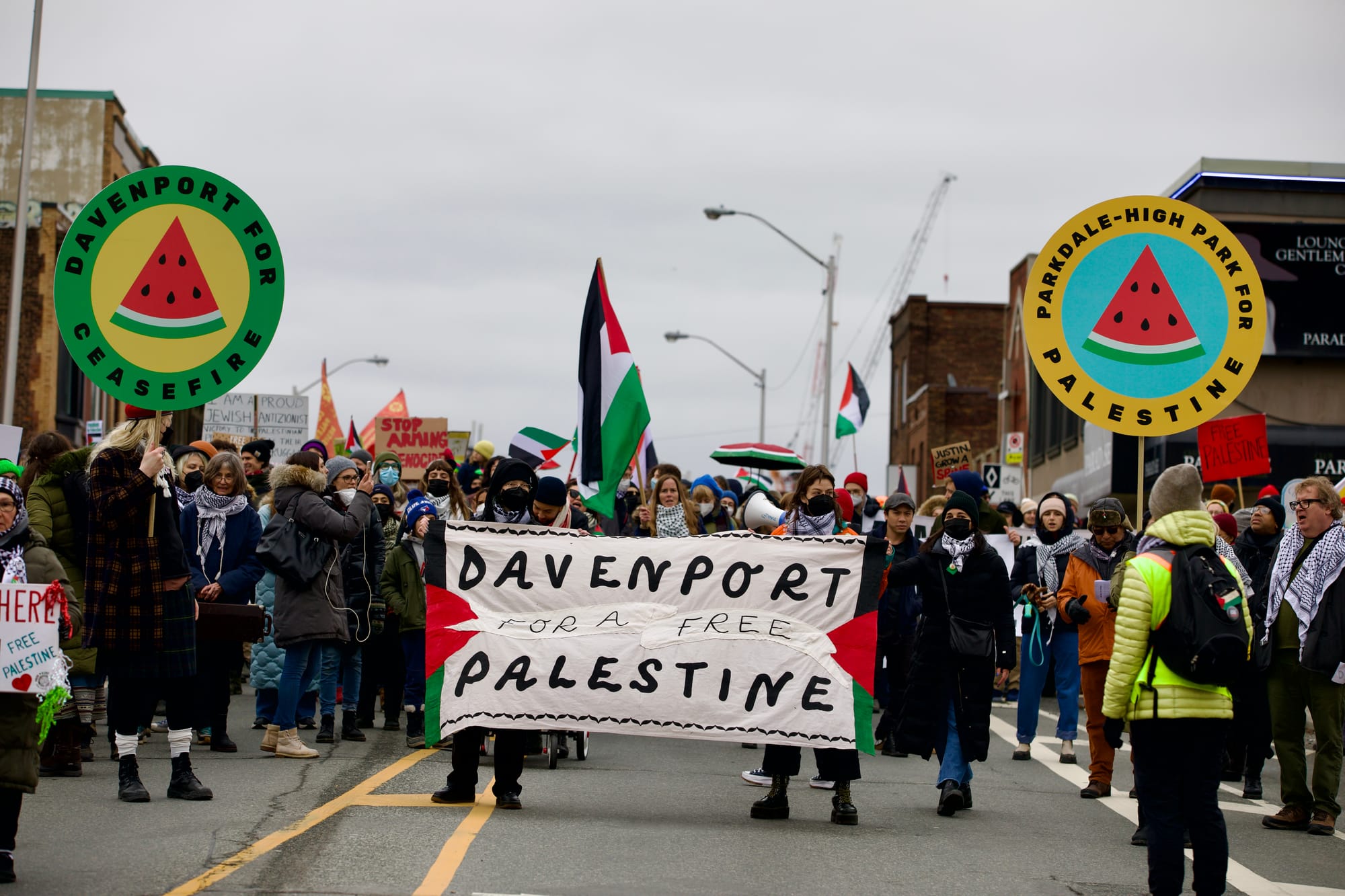
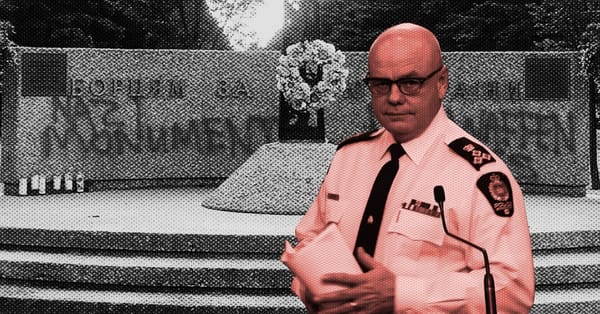
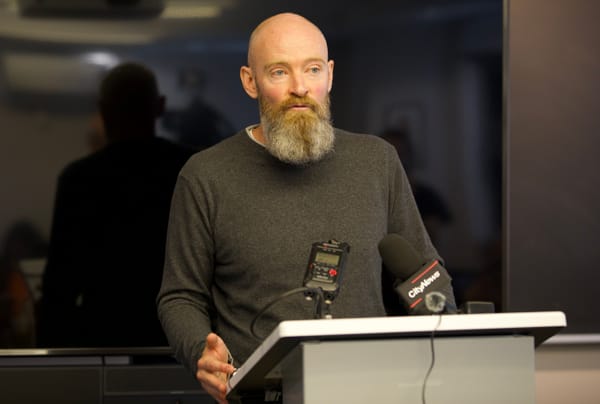

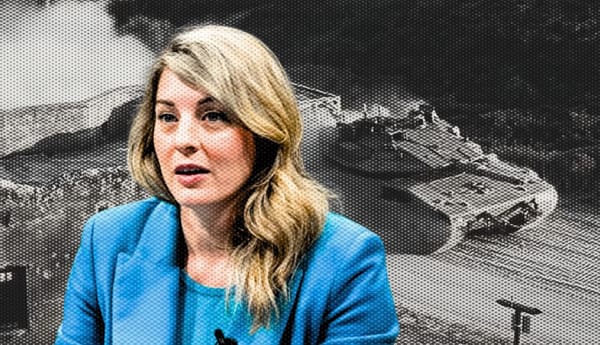
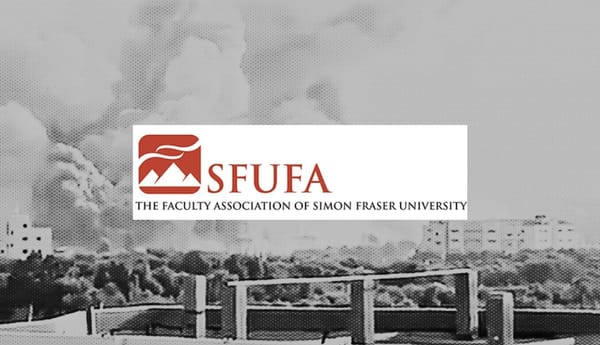
Member discussion